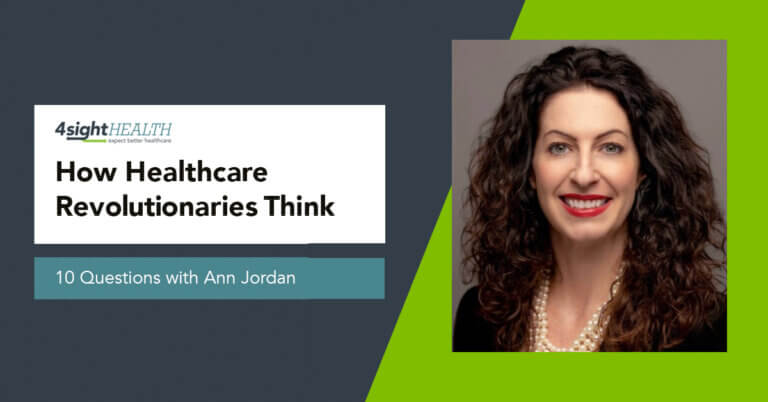September 25, 2024

Wanted: Market Innovation That Uses Low-Cost, Nutritious Food to Improve Seniors’ Prescription Drug Adherence
I have a chip on my shoulder about drug adherence, i.e., people taking their medicine as prescribed.
In a past life, I ghost-wrote stories for a major drug distributor that shall remain nameless. One of the company’s big causes was drug adherence. At first, I thought how altruistic it was for the company to care so much for consumers that it wanted them to fill and take their meds to stay healthy or get well.
Then, after writing story after story after story about drug adherence, I asked myself as a former editor who assigned stories and made news lineups, why is the company publishing basically the same story over and over again? The answer was so obvious I was embarrassed.
If patients don’t fill and refill their prescriptions, there are no drugs to distribute, and revenue and profits go down. If patients don’t take their drugs as prescribed, they could get sicker and die. Again, no drugs to distribute, and revenue and profits go down. It had nothing to do with health or healthy outcomes.
Earlier this month, the National Center for Health Statistics, part of the Centers for Disease Control and Prevention (CDC), published a 16-page report on drug adherence by seniors. I had a visceral reaction to the report when I first saw a mention of it online. After my eyes stopped rolling and the flashbacks stopped, I decided to download and read it.
The report is based on a survey of about 18,000 U.S. adults age 65 or older conducted by the CDC in 2021 and 2022. The survey asked the respondents about two types of cost-related nonadherence to their prescription meds: They didn’t fill their prescription because of the cost, or they didn’t take their drugs as prescribed because of the cost. That’s like skipping doses, delaying refills and taking less than prescribed to avoid a refill.
Overall, 88.6% of the seniors said they took a prescription medication in the past 12 months. Also, 82.7% of the seniors said they had prescription drug benefits from either a public or private health insurer. So, most seniors were taking drugs at the time of the survey, and most of them had drug benefits to help cover the cost.
Here’s the nonadherence part:
- Only 3.6% of the seniors said they didn’t get a prescription filled because of the cost.
- Slightly less — 3.4% — said they filled their prescription but didn’t take it as prescribed because of the cost.
Assuming those two groups are mutually exclusive, that means only 7% of seniors weren’t adherent to their meds because of the cost. I know even one senior not taking their meds isn’t good, but statistically speaking, 7% doesn’t sound too bad to me. I would have guessed much higher. But I’m not a statistician, health services researcher or actuary.
But I am a reporter at heart despite the brief ghost-writing gig. There is a data point in the survey that is bad news, which makes it big news. That’s the correlation between cost-related drug nonadherence and food insecurity. As you know, food insecurity is a social determinant of health — or health multiplier as we like to say at 4sight Health, and we do.
According to the report, food insecurity more than any other variable — age, race, income, marital status, etc. — was positively correlated with cost-related drug nonadherence. To wit:
- 18.1% of seniors with food insecurity said they didn’t get a prescription filled because of the cost. That’s five times the percentage for all seniors.
- 16.8% of seniors with food insecurity said they filled their prescription but didn’t take it as prescribed because of the cost. That’s also five times the percentage for all seniors.
When seniors say the high cost of healthcare makes them choose between food and medicine, it’s true.
There’s a market-based innovation in here somewhere that improves access to low-cost, nutritious food to drive seniors’ adherence to their prescription drugs and keep them healthy or as healthy as possible.
Thanks for reading.





